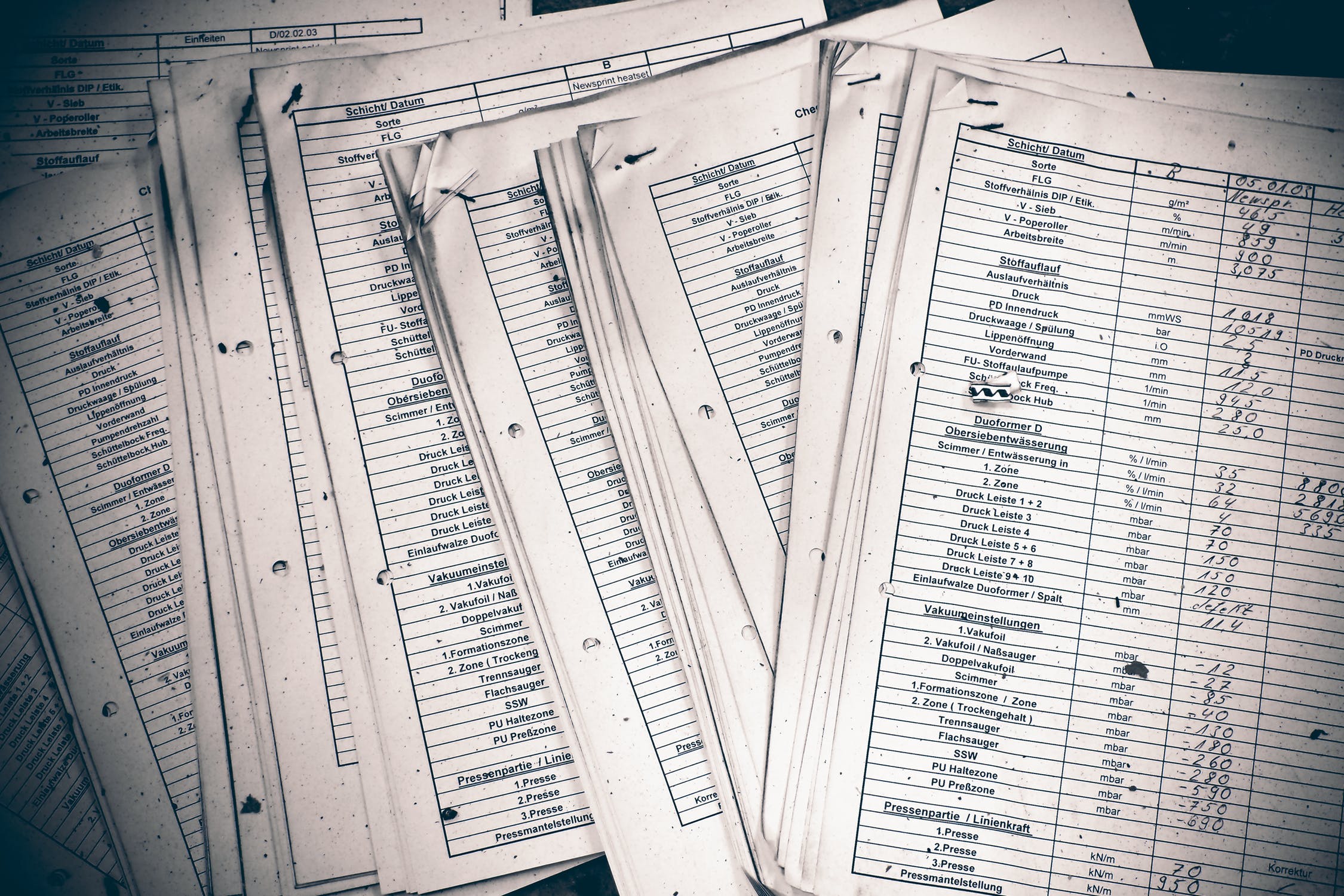Testifying at a Meeting of Creditors
Are you heading for your first meeting of creditors?
I know you’re nervous, apprehensive, and possibly even nauseous. Clients often imagine a worst case scenario where they are raked over the coals and tricked into admitting something, just like in Matlock. Believe me, the trustee isn’t Matlock and they aren’t going to go off the rails in a, “you can’t handle the truth” monologue like in the movie, A Few Good Men.
In all reality, the Meeting of Creditors will most likely be a snooze fest.
In the link below, I show you a pretty comprehensive list of questions you’ll likely be asked, depending your your circumstances list of questions a trustee might ask.
Below, I list my own rules for answering those questions.
ALWAYS listen carefully to the question
You’ve read the list above and you’ve been prepped by me prior to the hearing. Now, it’s showtime. You need to pay close attention to the trustee and make sure that you really hear the questions.
Number one, it’s polite. There’s no need to be rude, shifty or evasive. The trustee is just doing their job. Number two, you need to make sure that you know what the trustee actually wants to know from you.
Remember, your testimony is being recorded and you’ve sworn to tell the truth to the best of your knowledge. It is imperative that you are answering the question that the trustee actually asked.
Answer Honestly
Honesty is the price of receiving bankruptcy protection. This isn’t the best time to be dishonest. You’ve recently seen several celebrities go to jail for lying about things under their bankruptcy. Just because you aren’t a celebrity doesn’t mean they won’t do the same thing to you if they find out you’ve knowingly lied. You are testifying under oath.
Be brief
Just answer the question the trustee asked, honestly, without getting verbal diarrhea. Don’t try to explain your situation, don’t attempt to justify why you did what you did and most certainly don’t ramble on aimlessly. Just answer the question and if the trustee wants more information about a particular topic, they can follow up with other questions. In all honesty, the trustee usually just tries to make sure that it seems like they have done their job. The trustee has a long list of cases he must get through every day. Don’t make their day any longer by rambling on.
Don’t guess
If you don’t know the answer just say you don’t know the answer. Not knowing is ok, remember, you’re just here to tell the truth. If not knowing is the truth, you’re set. In all likelihood, your attorney can help. Chances are there are documents that provide the information that the trustee is looking for. That is why you’re paying us, afterall.
This is one time where faking it most definitely won’t make it.
In the end, just be yourself and just be honest. If you follow these four rules, your first meeting of creditors will be your last. Then you’ll be on your way to being debt free and having that fresh start you so desperately need.
If you need help dealing with your debts and getting the fresh start you so desperately need, contact the attorneys at Harmon and Gorove and let us help you get back on your feet and brighten your future.




